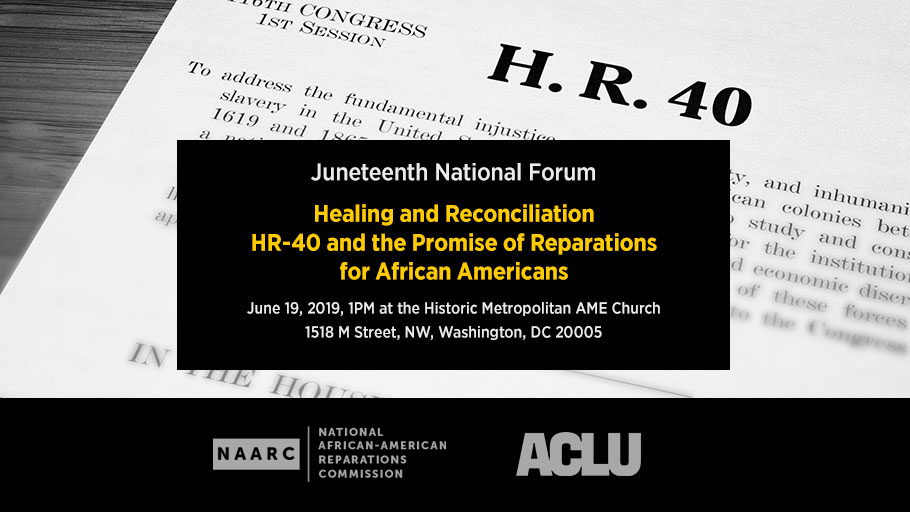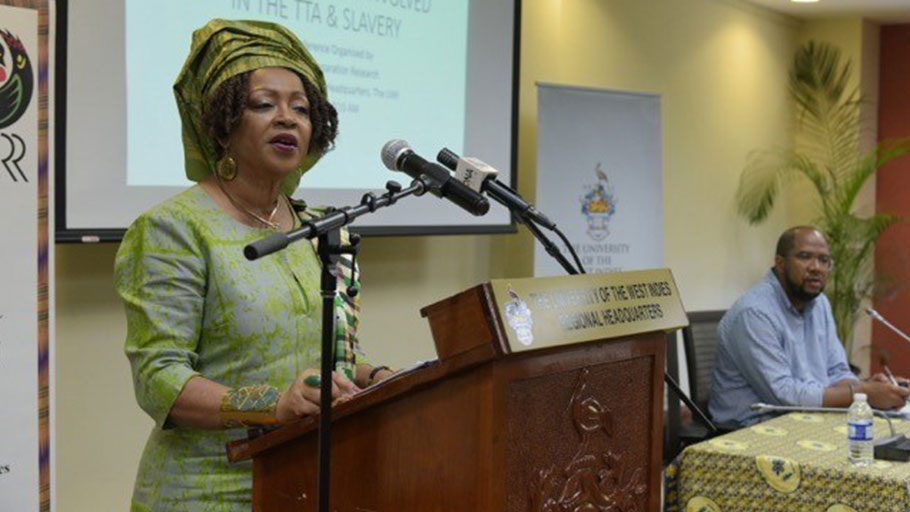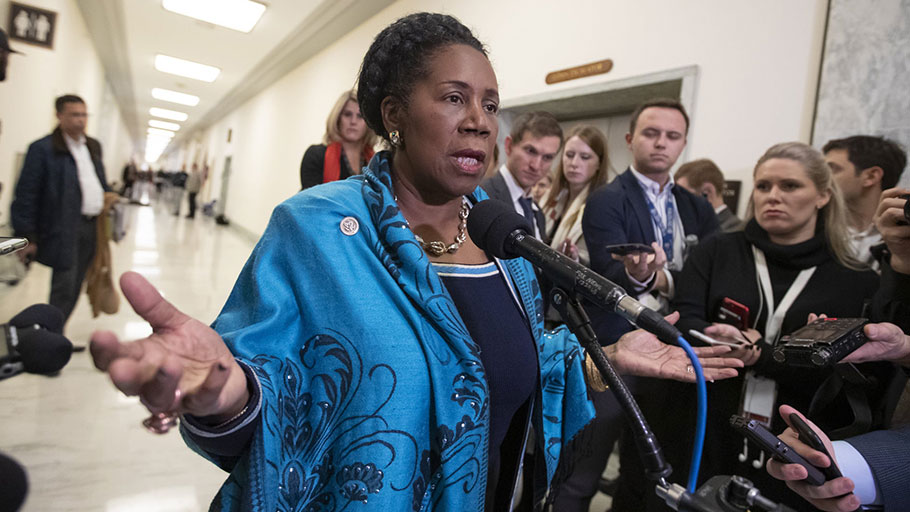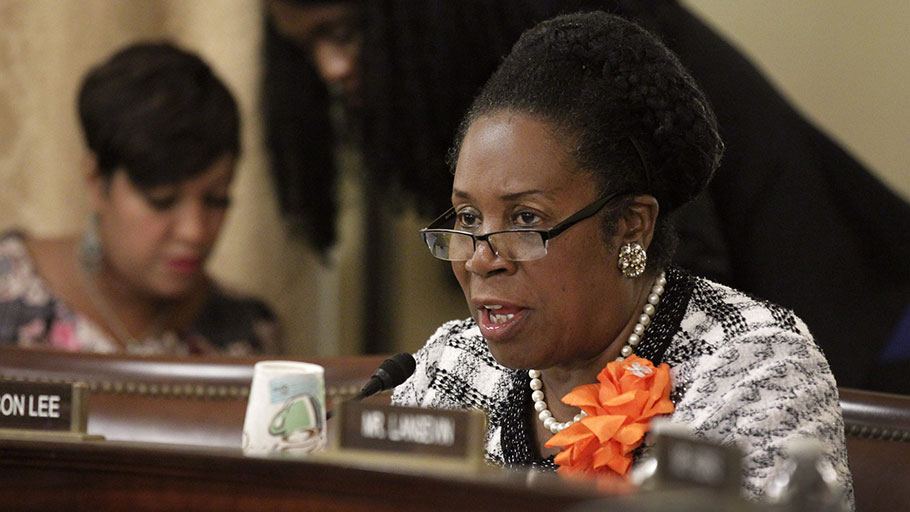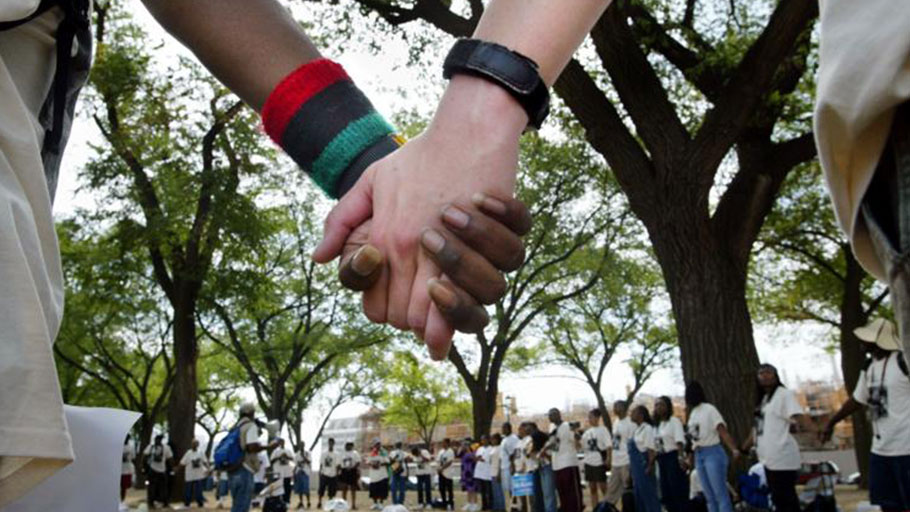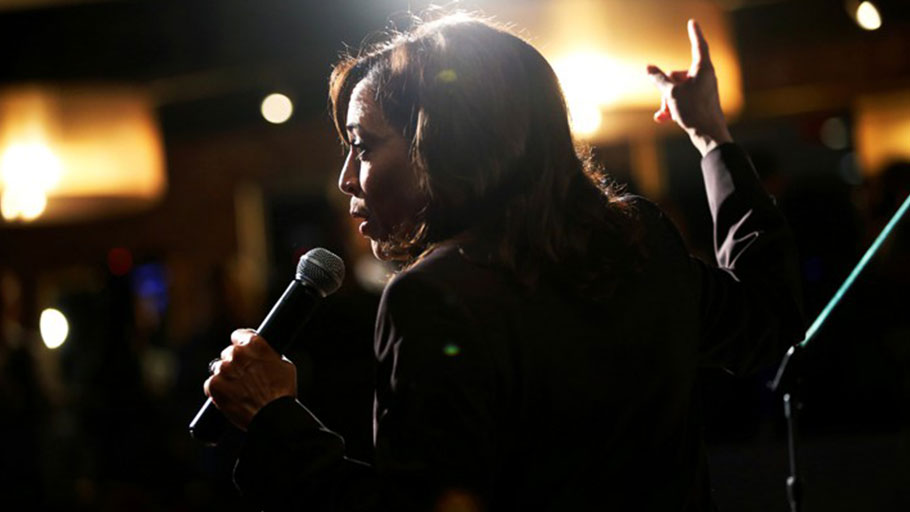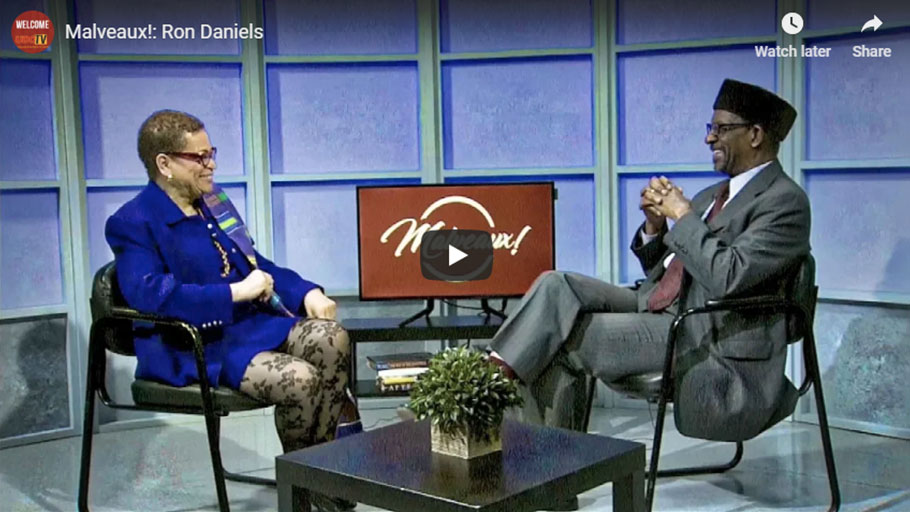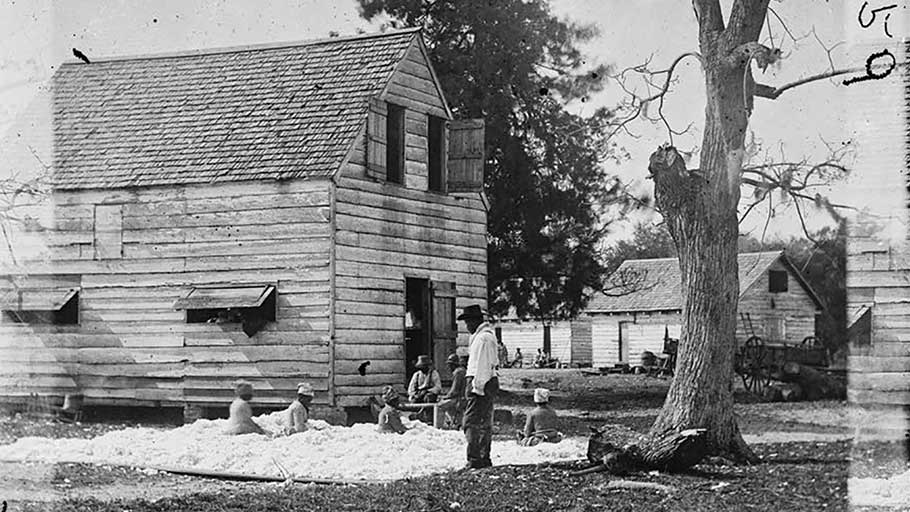
By Katherine Franke — A bill calling for the federal government to “study and consider” how to provide reparations to African Americans for slavery has been introduced into every session of the US Congress for the last thirty years. The bill’s aim is “to address the fundamental injustice, cruelty, brutality, and inhumanity of slavery in the United States and the thirteen American colonies between 1619 and 1865.” Representative John Conyers, the primary sponsor of the…

